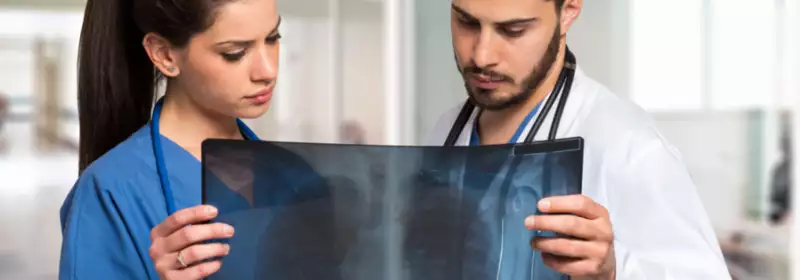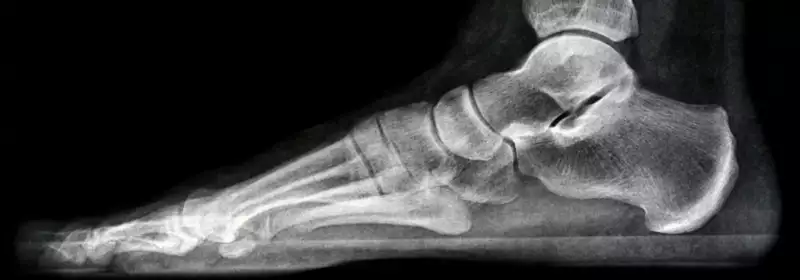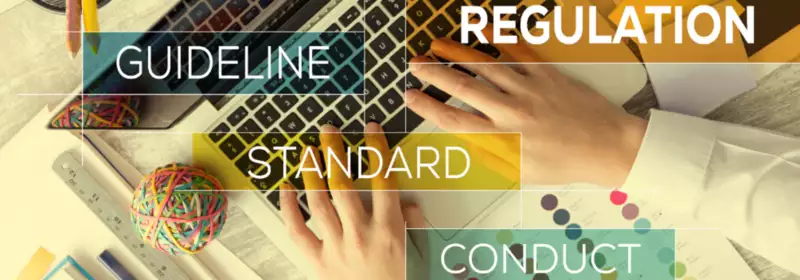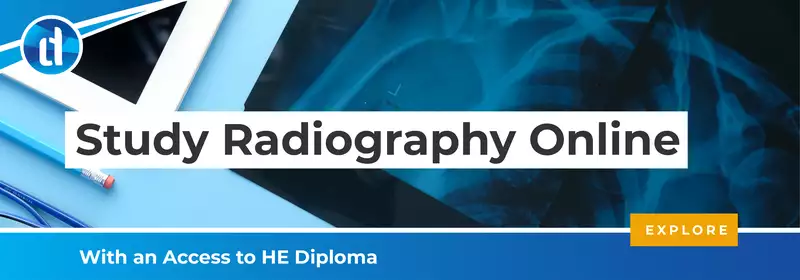Radiology technicians, or radiographers as they are otherwise known, provide an increasingly utilised diagnostic service. People are living longer with complex conditions which often sees them needing further diagnosis and treatment as their health changes. So if you want to become a Radiology Technician, there are currently ample opportunities to explore.
This career typically appeals to people who want a role that incorporates patient care with innovative technology and continual learning. Diagnostic imaging equipment is improving as technology advances. So you need to be prepared for your role to adapt and change to suit.
It’s also a career that has different specialisations and progression routes to explore. With the opportunity to earn upwards of £50,000 with experience in advanced practice and management roles.
If all of this appeals to you, you need to know what you have to do to qualify. And that is something you can work towards in different ways.
Ultimately, you need an approved university level qualification and appropriate registration to become a Radiology Technician. But the route to get there can take many forms.
Find out which one is right for you below.

Work Your Way Up
You can get a job as a radiology assistant and work your way up. You’ll need to pass enhanced background checks, but otherwise, there are no set entry requirements.
Some employers will want you to have GCSEs in subjects like maths, English and science. Others will perhaps request college diplomas or certificates in healthcare or health and social care.
Once in the role, you can begin to work your way towards becoming an assistant practitioner. This role was introduced to allow employees to progress and support the healthcare system with clinical imaging and radiotherapy services.
As such, you’re able to work part-time while you study courses that lead to a foundation degree in radiography. Or an equivalent qualification. This allows you to take the next step towards gaining your radiology degree while you get hands-on experience.

Complete an Apprenticeship
You can also gain hands-on experience while studying with an apprenticeship. Radiography apprenticeships provide you with an integrated degree that combines theoretical study with on the job training.
They are open for all to enrol on, whether you’re an existing healthcare employee or completely new to the sector. You just need to line up an apprentice role with a healthcare provider before you can apply.
These apprenticeship programmes are generally delivered over 36 months and must be approved by the HCPC. During your apprenticeship, you’ll complete an integrated end-point exam and once completed, you’ll be able to apply for registration.
The entry requirements are usually between 4-5 GCSEs at grades 9 to 4 (A* to C). In addition to three A Levels, or equivalent qualifications, in relevant or complementary subjects. But as each university sets its own entry requirements, it’s always best to check before applying.
Go to University
For a more academic route, you can go to university full-time before entering the profession. Degree courses are typically offered for either diagnostic radiography or therapeutic radiography. So you’ll need to know the difference between the two and make your choice before you apply.
In a brief overview, as a diagnostic radiographer, you would use equipment to produce images like x-rays and scans. Whereas you would use radiation to treat cancer and tissue defects as a therapeutic radiographer.
To make sure you’ve done your research, many universities require you to visit an imaging or radiotherapy department before accepting you. So you’ll need to attend one of the open days hospitals hold for prospective students.
Otherwise, to be accepted onto a radiography degree, you’ll need certain GCSEs and A Levels (or equivalent qualifications). Generally, universities ask for five GCSEs at grades 9 to 4 (A* to C) including English, maths and a science. Then three A Levels that included at least one science subject, or a relevant equivalent Level 3 qualification.
For anyone who has already graduated with a relevant first degree, you can take a fast-track postgraduate qualification. These can be studied over two years, therefore cutting the length of time it takes you to qualify.
Just check what your chosen university will accept first, to make sure you know what you need to progress.

Regulations, Standards & Progression
After successfully completing your degree, you’ll be able to apply for registration.
To ensure radiography professionals operate to the highest standards, the profession is regulated by the Health and Care Professions Council. This means you’ll need to meet certain standards to practice lawfully, safely and effectively.
The Society of Radiographers’ Code of Professional Conduct also stipulates standards you need to meet. These are the values and expectations required of Radiographers and Radiology Technicians. Which include respect, empowerment, empathy, trustworthiness, integrity and justice.
The final compulsory step is to pass enhanced background checks, as you’ll potentially be working with children and vulnerable adults.
After this, you’ll be able to practice as a Radiology Technician and explore the role. There are many avenues you can go into with experience that can take you into senior positions or specialist areas. Often Radiology Technicians become Sonography Specialists, Radiography Team Leaders and Consultant Practitioners.
You could also study further qualifications that could lead you to specialise in:
- Counselling
- Palliative care
- Using specific techniques or equipment
- Working with specific patient groups
- Research and teaching
Get started with an Access to HE Diploma
You can get started on the path to becoming a Radiology Technician with an Access to Higher Education Diploma.
Our Access to Higher Education Diploma (Radiography) teaches you a blend of science and medicine related subjects. All of which help you prepare for your degree and a career working within a diagnostic role in healthcare.
Through topics like physics, chemistry and biology, you’ll learn about atomic structure and anatomy, which is essential for your career. You’ll also study core scientific and medical principles. Enabling you to work safely and responsibly with radiation and hazardous materials, operate radiological equipment and analyse scans.
This Access to HE Diploma allows you to progress to university without A Level qualifications. What’s more, it can be studied online, from home, around your existing commitments. So you don’t have to put your life on hold while you retrain for your new career.
learndirect is a leading UK distance learning provider. With hundreds of courses available to help you achieve your personal and professional goals.
Find out more about our Access to Higher Education Diploma (Radiography) by clicking the link below.




















